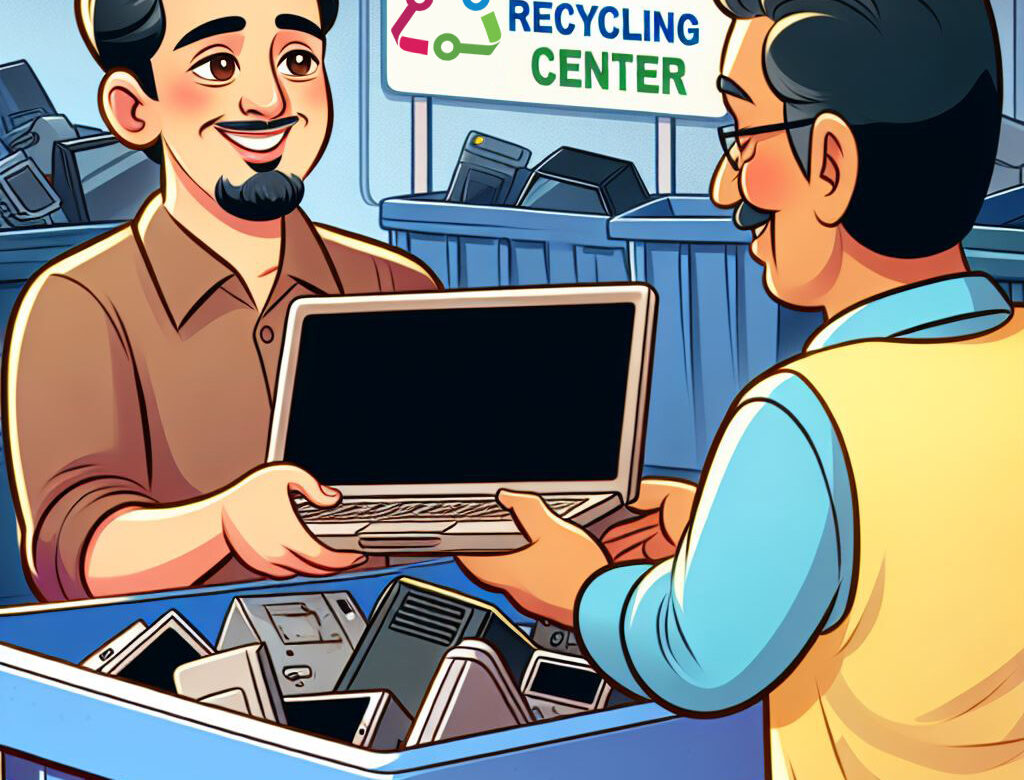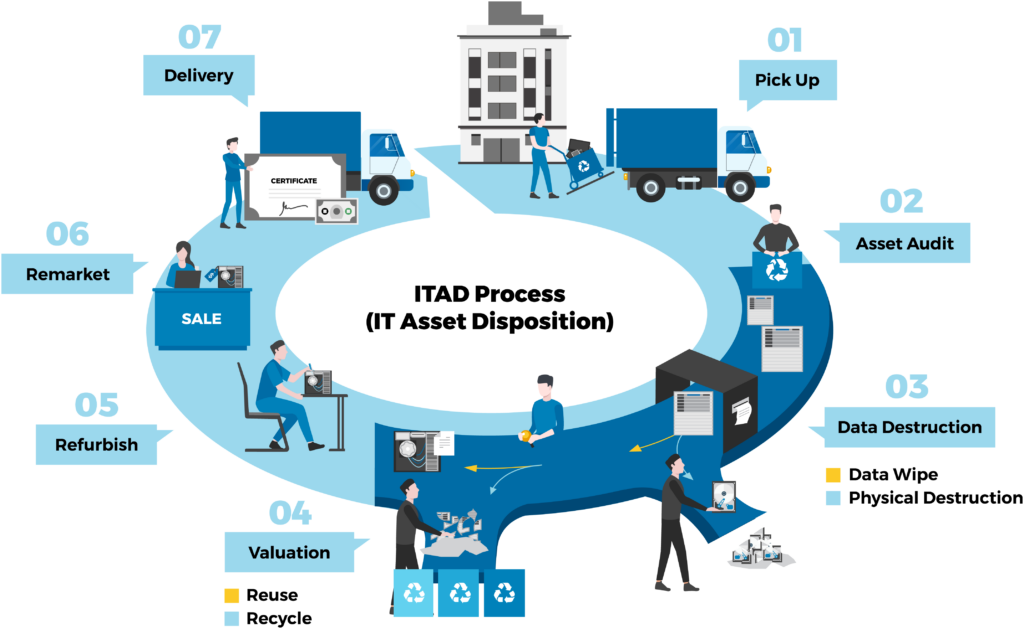Introduction
Disposing of an old PC can be a daunting task, but it’s essential to do it properly to protect the environment and ensure data security. With the rapid advancement of technology, many of us find ourselves with outdated computers that we no longer need. This article will guide you through the process of disposing of your old PC responsibly, covering everything from data backup to recycling.
Preparing Your Old PC for Disposal
Backup Your Data
Before you dispose of your old PC, it’s crucial to back up your data. This ensures that you don’t lose any important files, documents, or photos. There are several methods to back up your data, including using external hard drives, cloud storage services, or transferring files to a new computer. By backing up your data, you can have peace of mind knowing that your important information is safe.
Erase Your Data Securely
Once your data is backed up, the next step is to erase it securely from your old PC. Simply deleting files is not enough, as they can still be recovered. Use software tools designed for data erasure to ensure that your data is permanently deleted. Alternatively, you can physically destroy the hard drive to prevent any possibility of data recovery. This step is crucial to protect your personal information from falling into the wrong hands. Alternatively you can reach out to us to provide you with Secure Data Destruction
Options for Disposing of Your Old PC
Recycling Your Old PC
Recycling your old PC is one of the most environmentally friendly options. By recycling, you can help reduce electronic waste and conserve valuable resources. At Weee Recycle ICT, we follow strict recycling protocols and ensure that your old PC is refurbished and given a new lease of life, and if that isn’t possible the components are recycled responsibly.
Donating Your Old PC
If your old PC is still in working condition, consider donating it to us and where possible we donate to local charitable organisations and schools. Before donating, make sure to keep a copy of family photos and important files, and reset any mobile devices to its factory settings. Donating your old PC not only helps others but also extends the life of the device, reducing electronic waste.
Steps to Recycle Your Old PC
Locate a Recycling Center
To recycle your old PC, book a free collection on our website or drop it off at our facility (please contact us in advance, so we may accommodate you).
Prepare Your PC for Recycling
Please include any peripheral devices, such as keyboards, mice, chargers, and external drives, as these may need to be recycled separately.
Recycling Process
Once your PC is at our recycling facility, it will go through a thorough data wiping and evaluation process. If we are unable to refurbish your PC, it will be entered into our dismantling process. The components, such as the motherboard, hard drive, and power supply, are separated and processed for recycling. This process helps recover valuable materials like metals and plastics, reducing the need for new raw materials and minimizing environmental impact.
FAQs
How do I safely dispose of my old computer?
To safely dispose of your old computer, back up your data, erase it securely, and choose an appropriate disposal method such as recycling, donating, or selling.
Can I throw my old PC in the bin?
No, you should not throw your old PC in the bin. Computers contain hazardous materials that can harm the environment. Instead, recycle, donate, or sell your old PC.
What should I do before recycling my old PC?
Before recycling your old PC, back up your data, erase it securely, and remove any peripheral devices. This ensures your personal information is protected and the PC is ready for recycling.
How can I ensure my data is completely erased?
WE ensure your data is completely erased, using data erasure software designed to overwrite the hard drive multiple times. Alternatively, we physically destroy the hard drive to prevent data recovery.
Conclusion
Properly disposing of your old PC is essential for protecting the environment and ensuring data security. Whether you choose to recycle, donate, or sell your old PC, following the steps outlined in this article will help you do so responsibly. By taking the time to dispose of your old PC correctly, you can contribute to a more sustainable future and safeguard your personal information.
Relevant Links
- PCMag – How to Properly Prepare Your PC for Disposal: PCMag Guide
- Best Buy – Electronics and Appliances Recycling: Best Buy Recycling
- Recycling Today – How to Dispose of Electronics Like Computers Properly: Recycling Today Guide


